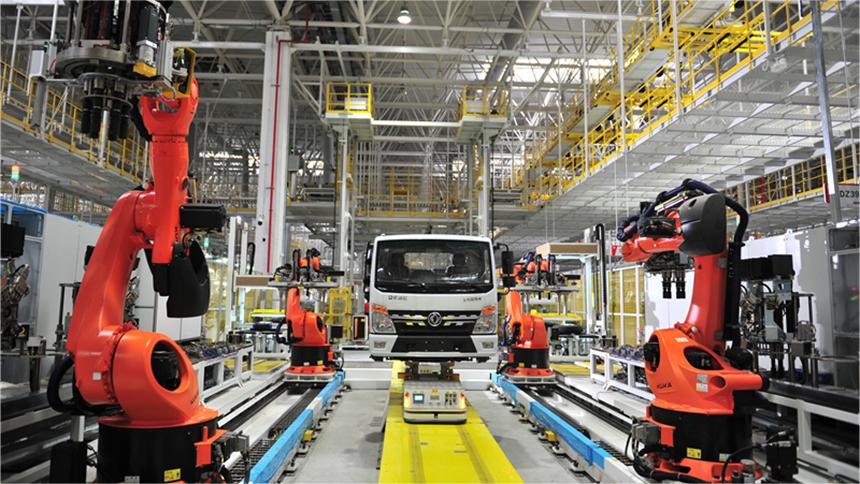Commentary: EU's new EVs tariff a self-inflicted flat tire
BEIJING, June 13 (Xinhua) -- The European Commission on Wednesday revealed a list of protectionist duties on imports of battery electric vehicles (EVs) from China, a shortsighted piercing into the tire of global free trade, the EU carmakers' competitiveness and consumers' welfare amid global challenges toward green transition.
Such protectionist measures ignore the facts and WTO rules, and disregard the appeals and discouragement of the governments and industries of many EU member states.
Such a move not only violates the legitimate rights and interests of China's EV industry but also wreaks havoc on the global automotive supply chain, including within the EU. The EU's politicization and weaponization of economic and trade issues will sabotage the atmosphere of economic and trade cooperation between China and the EU, harm the interests of EU consumers, and undermine its green transformation and global cooperation on climate change.
The EU's new tariff plan will poke another leak in the tire of global free trade. Since the industrial and supply chains of the auto industries of China and the EU are deeply integrated, EU policymakers should understand that in a globalized economy, imposing tariffs on EVs will further distort the market and fragment global supply chains, ultimately damaging its auto industry in the long term.
The EU's new tariff plan is also putting the brakes on its carmakers' innovation and competitiveness. Some EU policymakers hold the mistaken belief that tariffs can shield its automakers from overseas competition. However, industry insiders and executives from leading European automakers argue that higher tariffs do little if anything in their favor.
EU policymakers should acknowledge that the success of China's EV industry stemmed from open cooperation rather than protectionism. Farsighted carmakers like Volkswagen and Stellantis have already perceived new growth momentum after launching joint ventures with Chinese EV enterprises.
The EU's new tariff plan comes at the expense of its consumers. Made-in-China EVs thrive in the EU because of their competitive prices, outstanding performance, and excellent service networks. The EU's new tariff will ultimately be shouldered by its consumers. The possible EU tariffs on imports of Chinese EVs would backfire with a "noticeable impact on bilateral trade and production in Europe" and result in "noticeably higher prices for end consumers," forecasted the Kiel Institute for the World Economy in a recent report.
The EU's new tariff plan is impeding advancement toward a global green transition. China's EV industry not only supports its own emission reduction goals but also plays a crucial role in reducing carbon emissions in the EU and across the globe. As one of the most vocal advocates of global carbon neutrality, the EU should be reminded that its tariff against Chinese EVs would only dent its reputation in the global green drive.
The EU policymakers should consider for themselves whether they pursue protectionist measures leading to a dead end or embrace opportunities for mutually beneficial cooperation.
Photos
Related Stories
- China reserves right to file lawsuits with WTO over new EU tariffs on Chinese EVs: commerce ministry
- EU bent on imposing protectionist duties on Chinese EVs despite looming lose-lose implications
- Commentary: Three reasons why EU's tariff hikes on Chinese EVs are wrong
- China's trade promotion body strongly opposes EU's plan to impose additional EV duties
- Despite opposition, European Commission plans to impose provisional tariffs on Chinese EVs
Copyright © 2024 People's Daily Online. All Rights Reserved.









